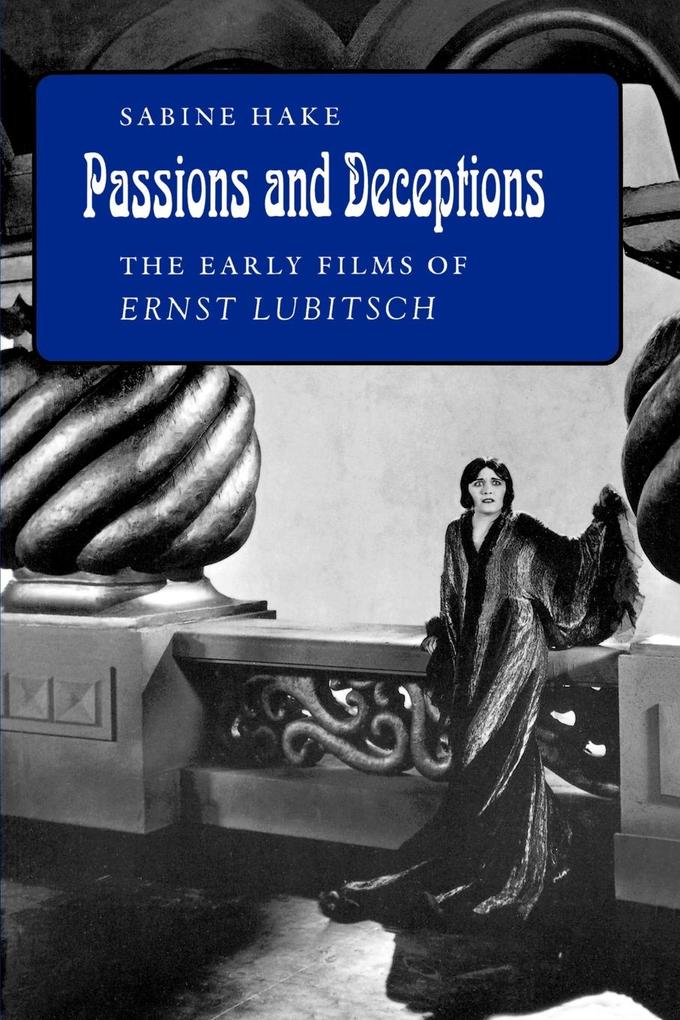
Zustellung: Mo, 23.06. - Do, 26.06.
Versand in 6 Tagen
VersandkostenfreiBestellen & in Filiale abholen:
A collaborator with Warner Brothers and Paramount in the early days of sound film, the German film director Ernst Lubitsch (1892-1947) is famous for his sense of ironic detachment and for the eroticism he infused into such comedies as So This Is Paris and Trouble in Paradise. In a general introduction to his silent and early sound films (1914-1932) and in close readings of his comedies, Sabine Hake focuses on the visual strategies Lubitsch used to convey irony and analyzes his contribution to the rise of classical narrative cinema. Exploring Lubitsch's depiction of femininity and the influence of his early German films on his entire career, she argues that his comedies represent an important outlet for dealing with sexual and cultural differences. The readings cover The Oyster Princess, The Doll, The Mountain Cat, Passion, Deception, So This Is Paris, Monte Carlo, and Trouble in Paradise, which are interpreted as part of an underlying process of negotiation between different modes of representation, narration, and spectatorship--a process that comprises the conditions of production in two different national cinemas and the ongoing changes in film technology. Drawing attention to Lubitsch's previously neglected German films, this book presents the years until 1922 as the formative period in his career.
Inhaltsverzeichnis
<TR>List of Illustrations<TR>Introduction3<TR>Pt. IThe Early Lubitsch - An Overview<TR>1From Comic Actor to Film Director, 1914-191825<TR>2The German Feature Films, 1918-192237<TR>3Hollywood - The Silent Films, 1923-192958<TR>4The American Sound Films, 1929-193270<TR>Pt. IIFilm Analyses<TR>5Wayward Women: The Oyster Princess, The Doll, and The Mountain Cat81<TR>6The Period Film as Palimpsest: On Passion and Deception114<TR>7The Tyranny of Vision: So This Is Paris and Others139<TR>8Exploring the Boundaries of Sound: Monte Carlo159<TR>9The Object, the Image, the Cinema: Trouble in Paradise175<TR>Afterword200<TR>Select Bibliography207<TR>Index211
Produktdetails
Erscheinungsdatum
06. September 1992
Sprache
englisch
Seitenanzahl
228
Autor/Autorin
Sabine Hake
Verlag/Hersteller
Produktart
kartoniert
Gewicht
377 g
Größe (L/B/H)
229/152/14 mm
ISBN
9780691008783
Entdecken Sie mehr
Bewertungen
0 Bewertungen
Es wurden noch keine Bewertungen abgegeben. Schreiben Sie die erste Bewertung zu "Passions and Deceptions" und helfen Sie damit anderen bei der Kaufentscheidung.









